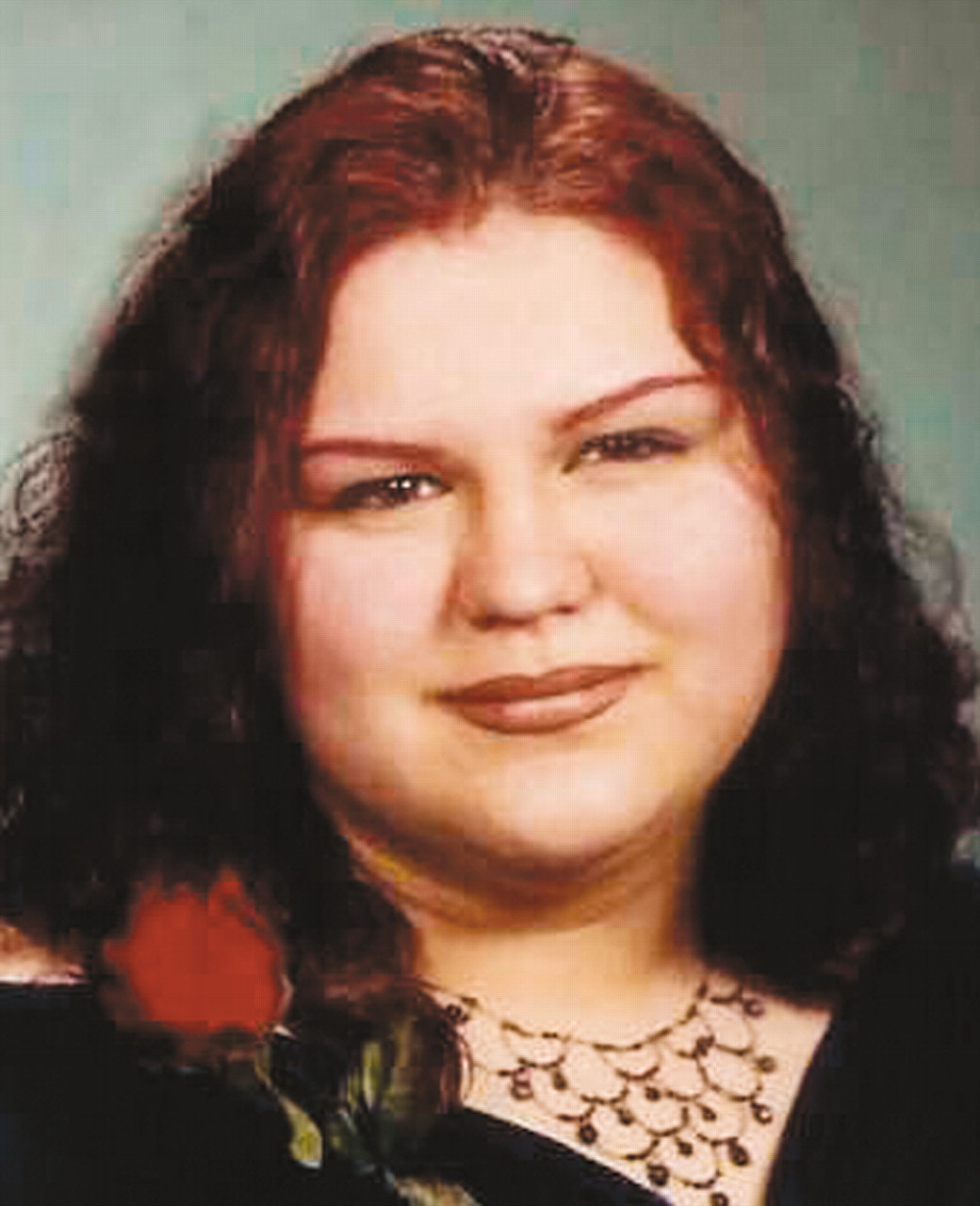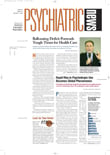Not during her first hospitalization or during subsequent hospitalizations for self-injurious behavior and depression related to bipolar disorder did Kristina Hebner know she was destined to be a mental health advocate.
Her life's mission began with an equipment malfunction.
It happened at a 2003 conference of Families Together in New York State Inc., the state chapter of the Federation of Families for Children's Mental Health.
At one point during the conference, Hebner, then 17, was asked to introduce a videotape program on some of the activities held during the conference for young people with mental illness and their families.
A technical glitch kept the videotape from playing, and to fill time, Hebner extended her introduction into a speech.
Although unaccustomed to public speaking and a bit nervous, she spoke about her illness, hospitalizations, and the importance of training emergency personnel about mental illness.
Her 10-minute speech was met by applause and a standing ovation from an audience of families and mental health clinicians who attended the conference.
“People in the audience told me how powerful my speech was,” Hebner told Psychiatric News.
It was then she realized she had something valuable to offer others.
Hebner began experiencing symptoms of mental illness when she was 8 years old, after her mother was involved in a serious car accident and a close relative died of cancer. She began to experience numbness on a regular basis and said that she resorted to cutting herself as a way to “wake up.”
In May 2001, when she was 14, Hebner was admitted to a psychiatric hospital for the first time; she was released a week later, despite her insistence that she was not ready to go. She was readmitted three days later with more than 100 cuts on her body. This time, she stayed for almost three months.
Hebner said one crucial part of her subsequent recovery was her family's support. “They have helped me through many difficult times,” she said.
She recalled that during her bouts with severe depression, “There were many times when I felt as if I wasn't loved, or even as if I wasn't worth anything.”
During these times, she said, her family “came together and told me I was loved and that my life was worth something.”
After her speech at the Families Together conference, Hebner became a youth advocate with the Mental Health Association of New York City's Coordinated Children's Initiative, and soon she was using her oratory skills to convince members of the New York state legislature to pass Timothy's Law.
The law, which is named for Timothy O'Clair, a 12-year-old boy who committed suicide in 2001, would require the state's insurers to provide coverage for mental health and chemical dependency treatment at the same level as that for other illnesses.
The state legislature has not yet passed Timothy's Law.
In February 2004 Hebner launched the MYPATH support group for young people aged 12 to 24 with mental illness. “We work with them and make sure they know their rights within the different systems, such as foster care, juvenile justice, or mental health,” she said.
The group attracts as many as 30 youth from the New York City area and holds meetings for several hours on Friday afternoons at one of the Manhattan offices of the Mental Health Association of New York City.
Support group members often discuss issues related to living with a mental illness, such as the stigma associated with a psychiatric hospitalization, their feelings about medications and their side effects, and other concerns in their lives, such as drugs and gang violence.
“The foundation of the group is empowerment,” Hebner noted.
Some of the support group members live in foster homes, some have been involved in the juvenile justice system, and others have substance abuse problems, according to Hebner. Many of the young people have told her“ they come to the group because it gets them off the street and they feel safe here,” she noted. Many form friendships and support one another outside the group as well.
MYPATH stands for Magical Youth Power Aspiring Team of Heroes, a series of words various support group members said inspired and motivated them.
Hebner said she hopes that through their participation in the group, something else will motivate the young people—a desire to undertake leadership roles in mental health advocacy and “help to change some of the policies relating to mental health issues.”
Although Hebner, now 18, is in her first year of college, she still plans to facilitate the support group.
“The support-group members encounter stigma all the time, and we're here to break that stigma,” Hebner said.
In June Hebner's initiative won her a youth award from the National Mental Health Association.
More information about Timothy's Law is posted online at<www.timothyslaw.org>.▪

